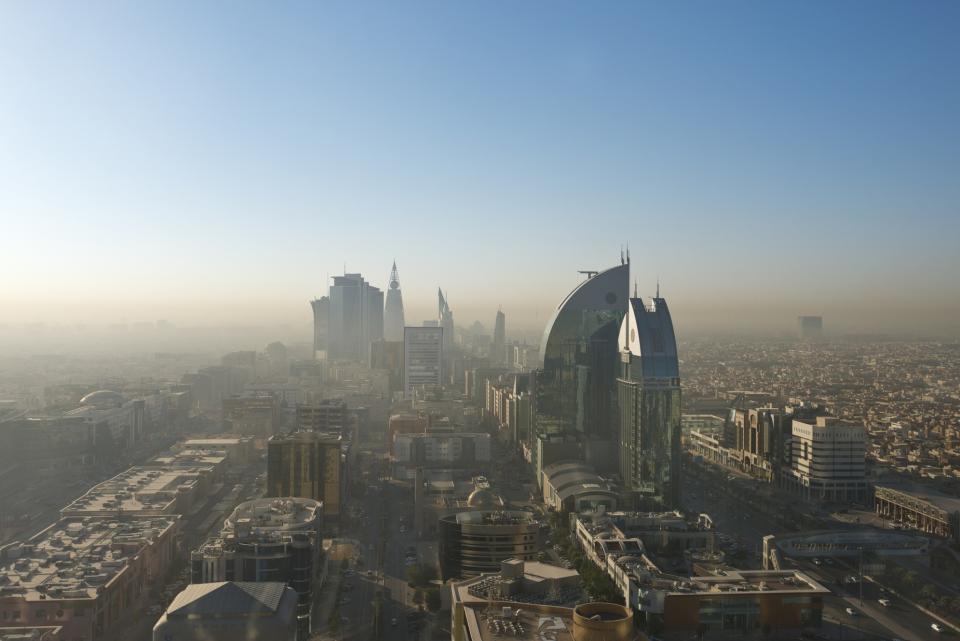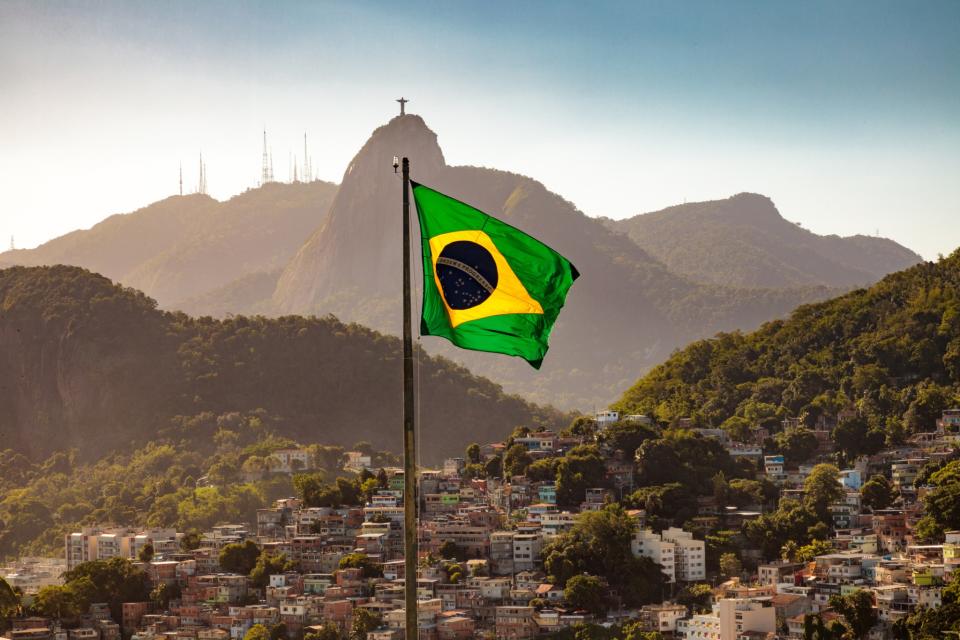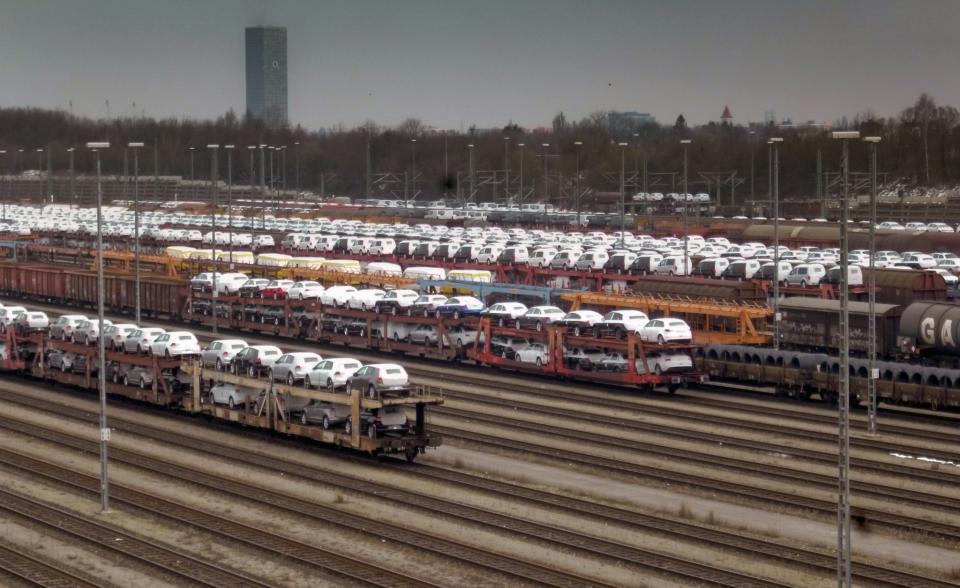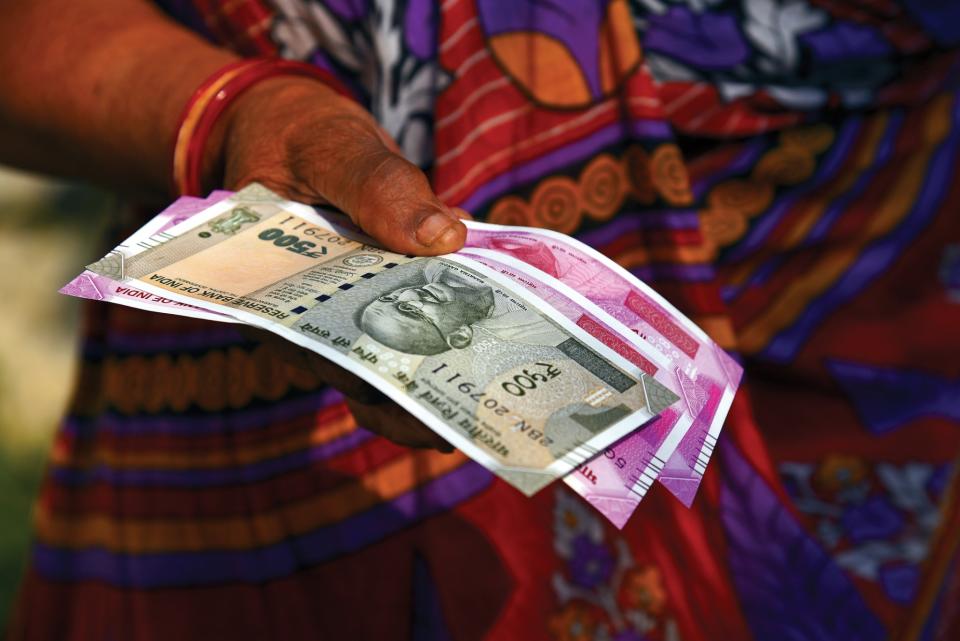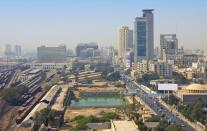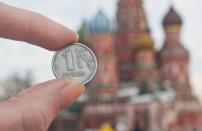Who will have the world's most powerful economy in 2030?
PricewaterhouseCoopers has just released a report titled “The long view: how will the global economic order change by 2050?”
The report give a fascinating look at what the world order will look like in the not-too-distant-future. The ranking is based on a metric called purchasing power parity, or PPP. According to the World Economic Forum, PPP “is used by macroeconomists to determine the economic productivity and standards of living among countries across a certain time period.”
Tell us, do you think this ranking is an accurate prediction? And what do economic powerhouses like China and the U.S. need to do to stay atop this list?
(All values in U.S. dollars. All images courtesy Getty Images)

 Yahoo Finance
Yahoo Finance 






